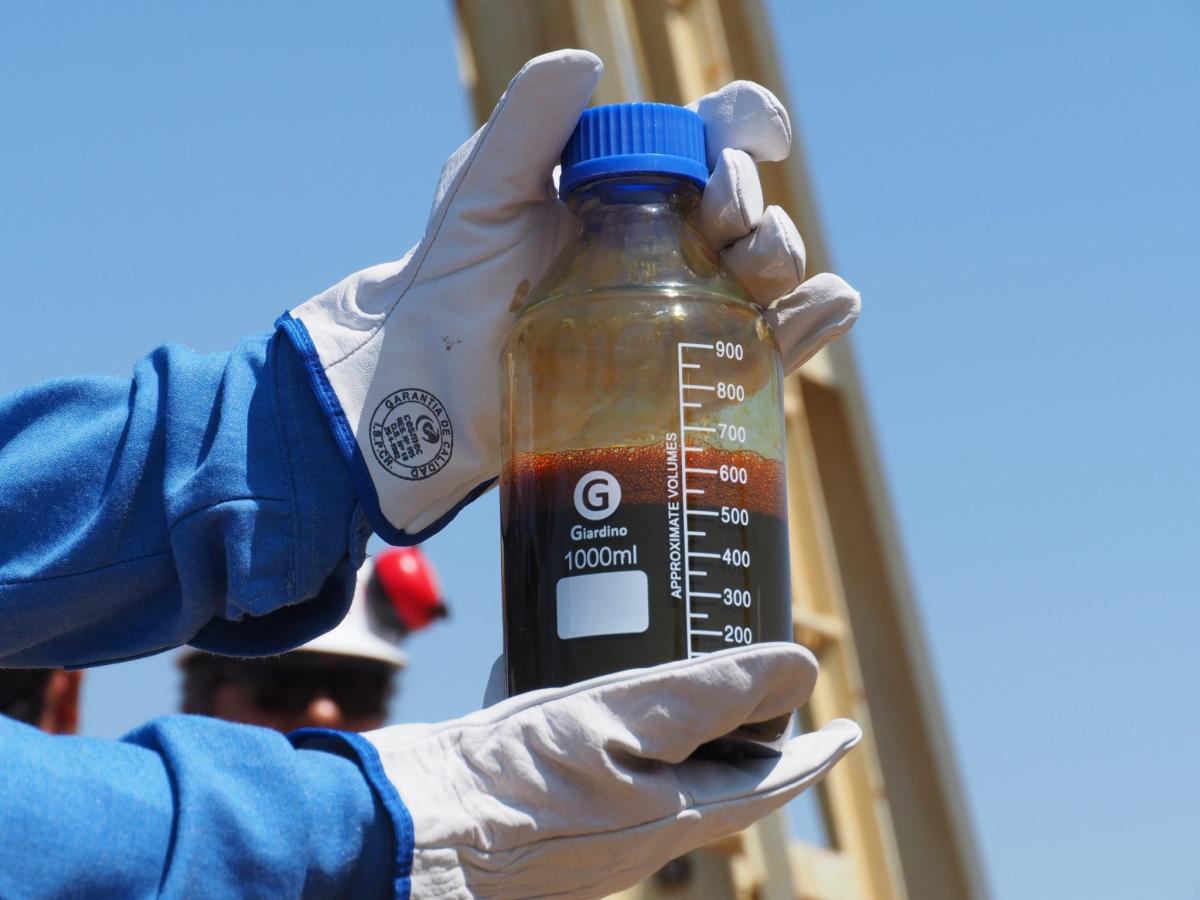Oil demand has been on a rollercoaster ride over the past five years due to a global pandemic, wars and other economic pressures.
That happened against the backdrop of the US ramping up shale production, countries tightly controlling how much oil was released, and the world turning to alternative energy sources.
All these factors will culminate in a “stunning” oil glut by 2030 that will far exceed demand, Paris-based global energy watchdog International Energy Agency (IEA) warned in a report on Wednesday.
Oil demand will gradually slow, reaching its peak in 2029 and stabilizing thereafter. The IEA expects oil supply to reach 114 million barrels per day by the end of this decade – roughly 8 million barrels per day more than demand.
“This would result in levels of spare capacity never before seen except at the height of the Covid-19 lockdowns in 2020,” the IEA said.
“Such a huge oil production buffer could herald lower oil prices, posing tough challenges for producers in the US shale region and the OPEC+ bloc.”
Battle with electrification
Although supply will exceed demand in the coming years, oil demand in 2030 will still be slightly higher than current levels, thanks to a strong appetite from Asian markets such as India and China.
“In contrast, oil demand in advanced economies is expected to continue to decline for decades,” the report said, adding that the only other exception to when demand was so low was in 1991, when major events such as the Gulf War and the disaster took place in the Soviet Union. dissolution has taken place. In advanced economies, oil demand will decline by 3 million barrels per day between now and 2030.
Even economies with relatively higher oil consumption will have to deal with the growing presence of electric vehicles and energy efficiency methods that aim to reduce or offset CO2 emissions.
The IEA predicted last year that fossil fuels were “at the beginning of the end” as a shift in the energy industry was underway. The energy agency warned in its latest report that demand forecasts are subject to economic volatility, changes in the pace of electric vehicle adoption and more.
Oil prices have also varied widely: earlier this week, both oil indexes, Brent crude and West Texas Intermediate, rose amid reports that oil production would rise later this year. Summer is expected to bring higher oil demand, although uncertainties, such as those surrounding interest rates, still play a role in the commodity’s pricing.
Overall, however, the slowdown in demand will determine what happens to the oil industry in the future.
The gap between supply and demand will impact the stronghold of the OPEC+ alliance, which includes the world’s largest oil producers and its allies. The group, led by Saudi Arabia and the United Arab Emirates, has been monitoring oil production for years as a way to tame prices. Higher oil prices are more lucrative for economies, including Russia, that rely on oil exports to fill their coffers.
Shrinking demand will create a “huge buffer” and shake up how OPEC+ approaches its oil production strategy going forward, the IEA said. That also means the group’s share of oil production will fall below 50% from this year, paving the way for other non-OPEC+ members such as Brazil and Norway.
OPEC’s secretary general isn’t so sure things are getting worse. The IEA’s forecast was “dangerous”, Haitham Al Ghais told the newspaper Financial times Wednesday, adding that if investors stopped pumping money into the oil and gas industry, the resulting “energy chaos” would be “on a potentially unprecedented scale.”
Yet it appears that the sun is indeed setting on fossil fuels – sooner rather than later.
This story originally appeared on Fortune.com







